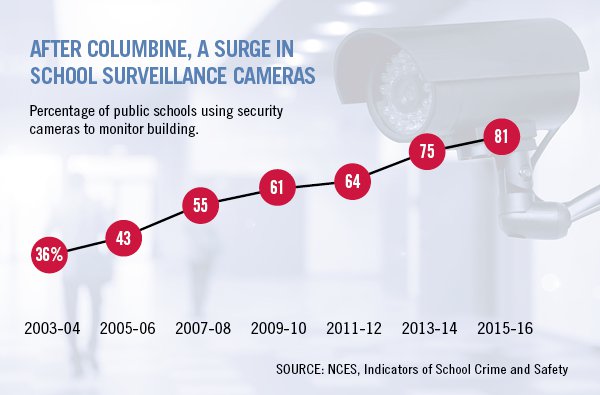Examining a wide range of Japanese videogames, including arcade fighting games, PC-based strategy games and console JRPGs, this book assesses their cultural significance and shows how gameplay and context can be analyzed together to understand videogames…
I’ve been reading Rachael Hutchinson’s Japanese Culture Through Videogames and it is excellent. The book nicely does three things:
First, it is about important Japanese videogames like Katamari Damacy and Okami giving them a serious reading. Hutchinson treats them as art, but videogame art. She clearly plays the games and writes about the way the mechanics are important to the experience.
Second, she deals with the ways these games are interpreted by both Western and Japanese critics (and fans). This book could serve as a great introduction to Japanese game studies, weaving important Western and Japanese theory into a dialogue around individual games.
Third, and most importantly, she connects the games to reflections about Japanese culture, or I should say, she shows the different ways these games reflect Japanese culture. She deals from the beginning with the way some Japanese games are designed to be mukokuseki or “culturally odourless.” She also talks about how games can have the culture washed out of them in localizations. Above all, she shows how Japanese culture comes through games. This book, as the title suggests, introduces approaches to Japanese culture as seen through games by introducing larger discussions about space and time.
I particularly liked the generous footnotes that allow one to follow up on the critics and cultural theory she weaves in. This is an academic book at its best where every footnote promises a pleasurable exploration of some facet of game studies or Japanese culture.
I have taught a course on Japanese Game Culture a couple of times and always felt that I wasn’t well enough prepared for the potential of the course. This book strikes me as a perfect guide and text for such a course. It is clear that Hutchinson has taught Japanese games for some time and this book benefits from the experience. She talks about how students might interpret a game and contrasts that to more obscure interpretations in a way that hints at how one might teach Japanese games. One senses echoes of class discussions in the balanced way she handles questions about games and I can’t help feeling that she has a rich syllabus up her sleeve for teaching the subject.
In short, this book does what I’ve felt we needed for some time: it provides a serious and rich introduction to Japanese game studies suitable for scholars and useful as a textbook. (Full disclosure: I know Hutchinson from the Replaying Japan conference series and she thanks me in the Acknowledgements.)
Update August 25th, 2019: If you are interested in Hutchinson’s ideas about teaching Japanese games see the YouTube video she recorded, Teaching Japanese Videogames: Why, How and an Example of What. She describes her philosophy of teaching Japanese games, the issues around teaching games, the issues discussed, the “texts”, and she gives some in-depth examples.



